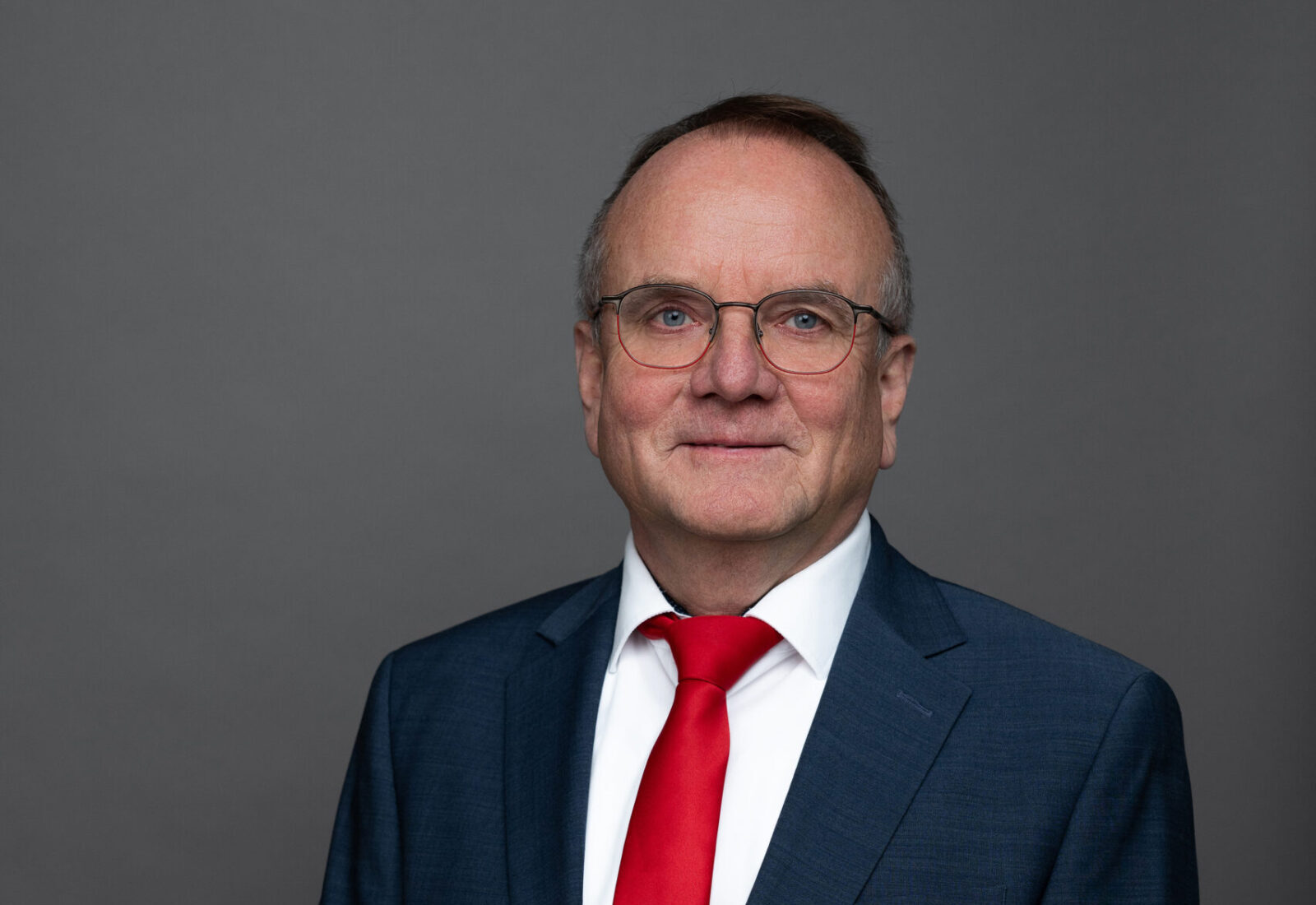As new Minister of Infrastructure and Federal State Planning of Brandenburg (Germany), Detlef Tabbert has taken over the chairmanship of the Scandria Alliance’s General Assembly. What are his priorities for the German Capital Region and the Scandria Alliance?
You recently took office as Minister of Infrastructure and Federal State Planning of Brandenburg. What are your most important priorities in the field of transport and mobility in the German Capital Region Berlin-Brandenburg?
The Capital Region Berlin-Brandenburg is characterised by the fact that its central part with Berlin and its surrounding area is relatively densely populated, while it also has much more sparsely populated and rural parts in the wider metropolitan area. Having acted as the mayor of a smaller town in the north of Brandenburg for many years, I know how important it is to ensure a good accessibility of the entire Capital Region. To achieve this, we need to interlink all modes of transport with each other even better than before. We also need to strengthen public transport. Where it makes economic sense, I would like to reactivate disused railway lines and increase the frequency and speed of regional trains. The affordability of mobility is a priority for me. Brandenburg will therefore work to ensure that the so-called “Deutschlandticket”, a monthly subscription ticket for all public transport in Germany, is retained and that the federal government contributes to this.
Why is cooperation with other European regions important in this context?
As a region at the crossroads of three trans-European transport corridors, we cannot pretend that we live on an island, isolated from the outside world. The decisions that we take have an impact on our neighbouring regions and vice versa.
It is important that we recognise this responsibility for each other and for Europe, but also raise our voices together and make it clear that cities and regions play a key role in shaping the future of Europeans’ mobility. After all, most European policies are ultimately implemented on the ground, in our cities and regions. For me, the Scandria Alliance is an excellent cooperation platform. By cooperating with other regions along the Scandinavian-Mediterranean transport corridor, we can learn from each other and define common positions for the future of European transport.
Talking about common positions in the Scandria Alliance, which topics are important for you during this year?
On the European level, we are happy to see that the new European Commission puts an emphasis on completing the trans-European transport network (TEN-T) and has announced several initiatives to strengthen rail transport – both for passengers and goods. In the ongoing discussion on the next multi-annual financial framework, our position is that we should continue and strengthen a dedicated European transport instrument as well as a regional or place-based approach in cohesion policy to achieve a European added value and to build a resilient and competitive Europe.
